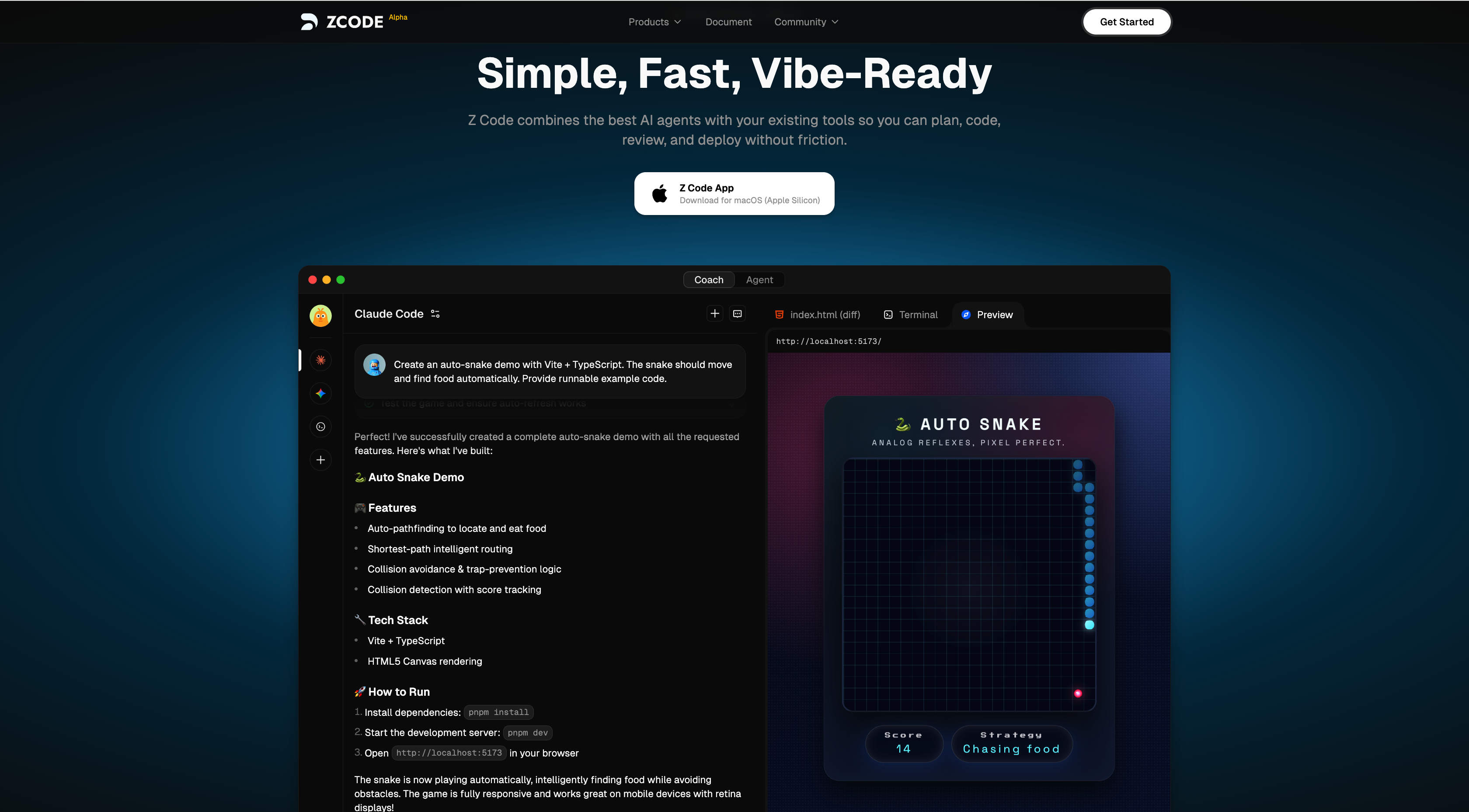Meta's CEO, Mark Zuckerberg, and Spotify's CEO, Daniel Ek, have jointly criticized the EU's artificial intelligence regulations, arguing that these complex rules are hindering the development of open-source AI in Europe.
In a joint opinion piece for The Economist, these tech leaders believe that the EU's rules are stifling innovation and the vitality of developers. They urge the EU to introduce simpler, more unified regulations. They believe that Europe should leverage the advantages of a "single but diverse market."

Image source note: The image is AI-generated, provided by the image licensing service Midjourney
They view open-source AI as an opportunity for European organizations to adopt new technologies and counter the dominance of AI by a few large companies. They emphasize that open-source AI creates a level playing field and urge the EU not to restrict its potential.
Zuckerberg and Ek warn, "Following the current path, Europe will miss this generational opportunity." They conclude that "Europe needs a new approach, with clearer policies and more consistent enforcement."
The EU's AI Act does provide some exemptions for open-source AI systems, but only under specific conditions. The Center for Data Innovation points out that these exemptions do not apply to companies that profit from their open-source products. Additionally, open-source models deemed systemic risks still need to provide technical documentation.
The AI Act does not strongly promote transparency in datasets for open-source AI. Although information about training data must be sent to the AI Office, it is not made public. Open-source AI systems are largely exempt from this requirement.
In addition to cutting red tape, Zuckerberg and Ek may also want to avoid disclosing their own training data. The proposed rules would allow them to benefit from open-source development while ensuring incomplete transparency. Meta has also attempted to collect European user data for AI training without explicit consent, but failed.
To be fair, Zuckerberg and Ek are not the only ones criticizing the complex rules of the EU's AI Act. How these regulations will work in practice remains to be seen.
Zuckerberg also has his own strategic goals for open-source AI. In a recent podcast, he stated that he would be willing to release AI models worth up to $10 billion as open-source if they were safe and beneficial to everyone. He sees this as a way to avoid reliance on a few companies as gatekeepers, while also improving Meta's own models. Meta's ultimate goal is to create an AI operating system for the AI era, similar to Google's Android system for smartphones.










